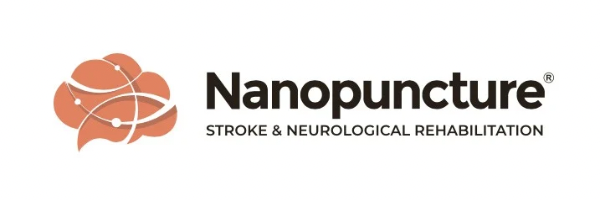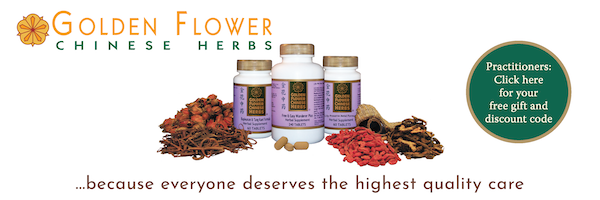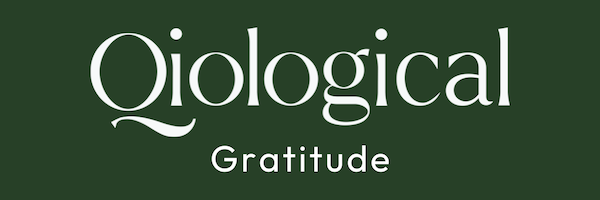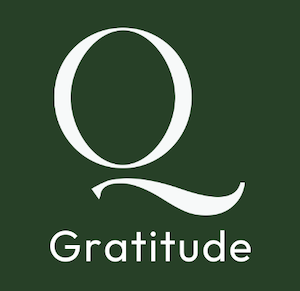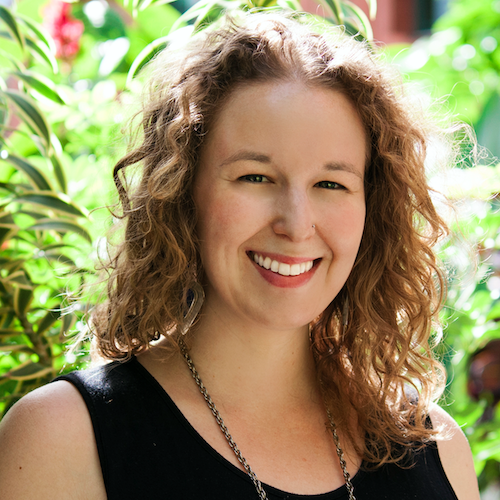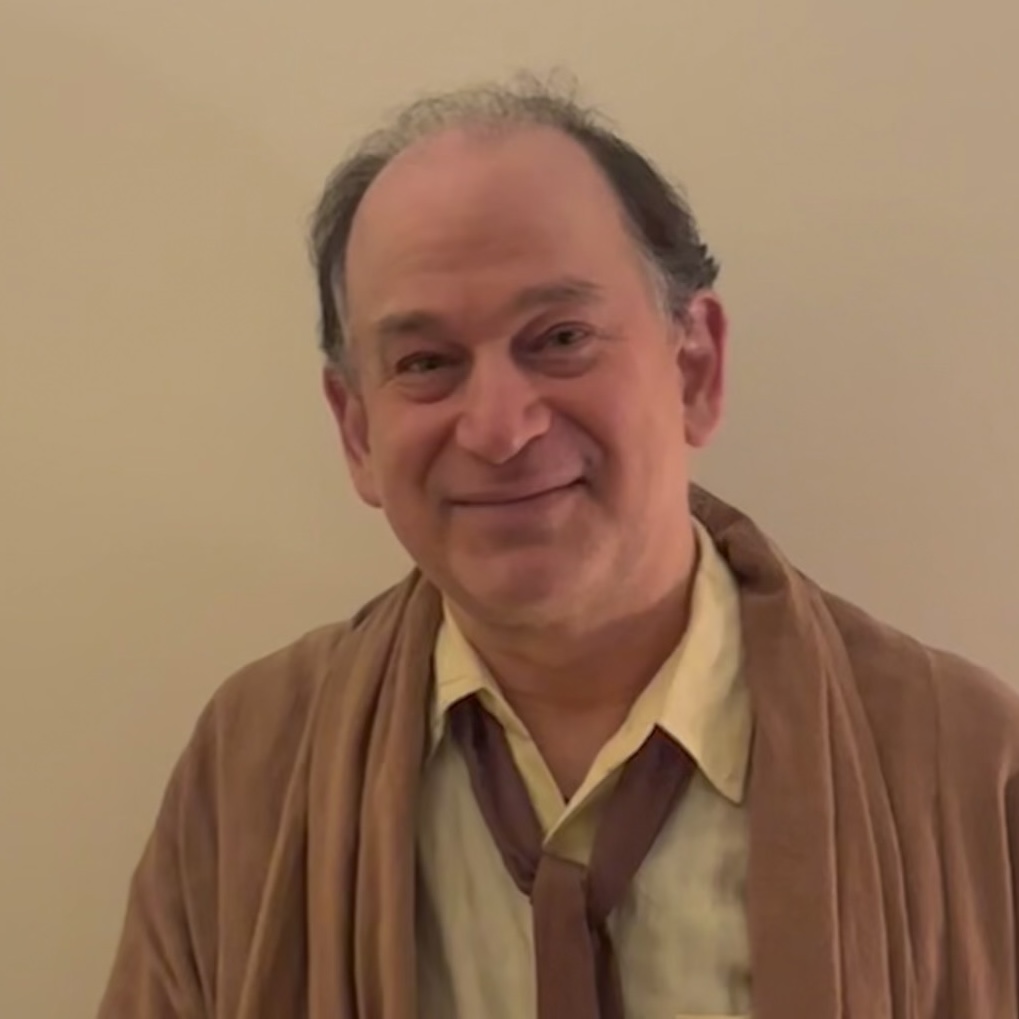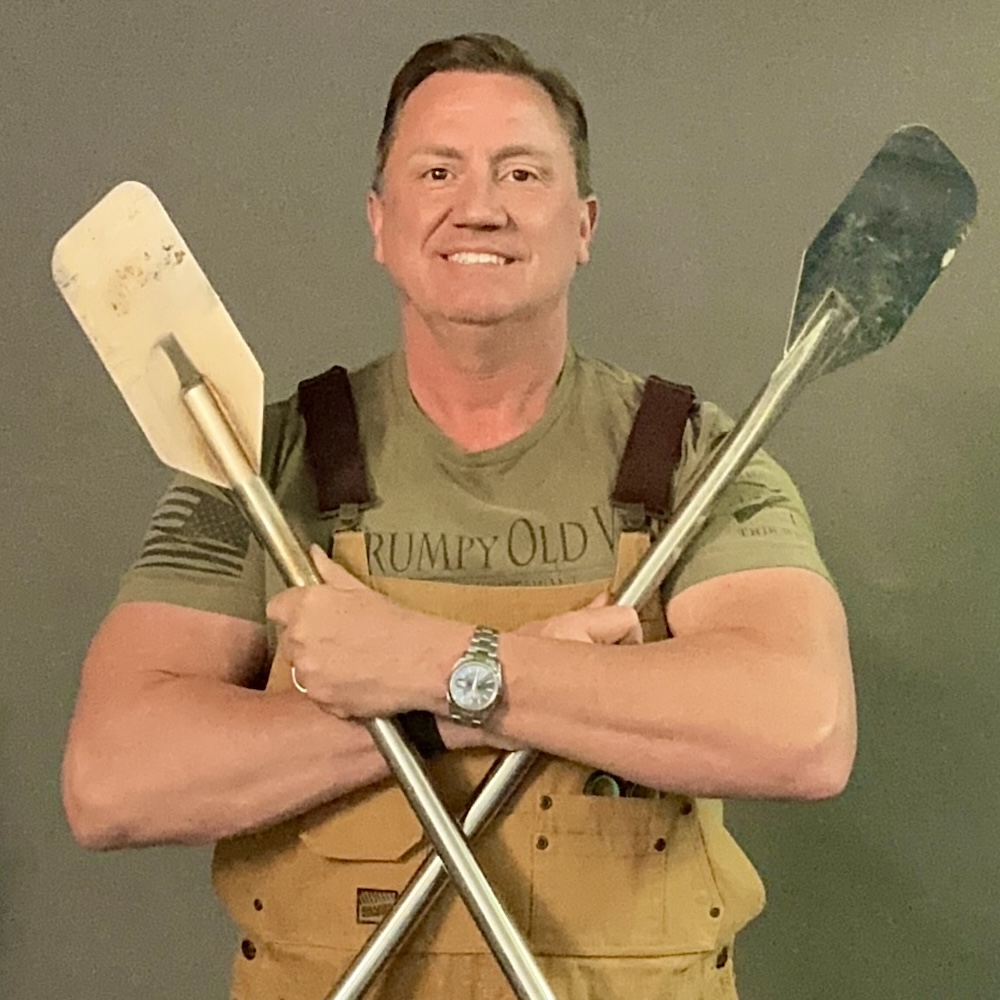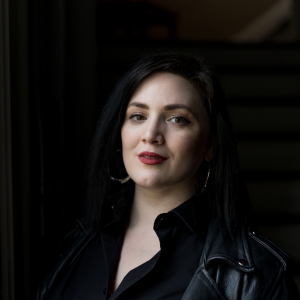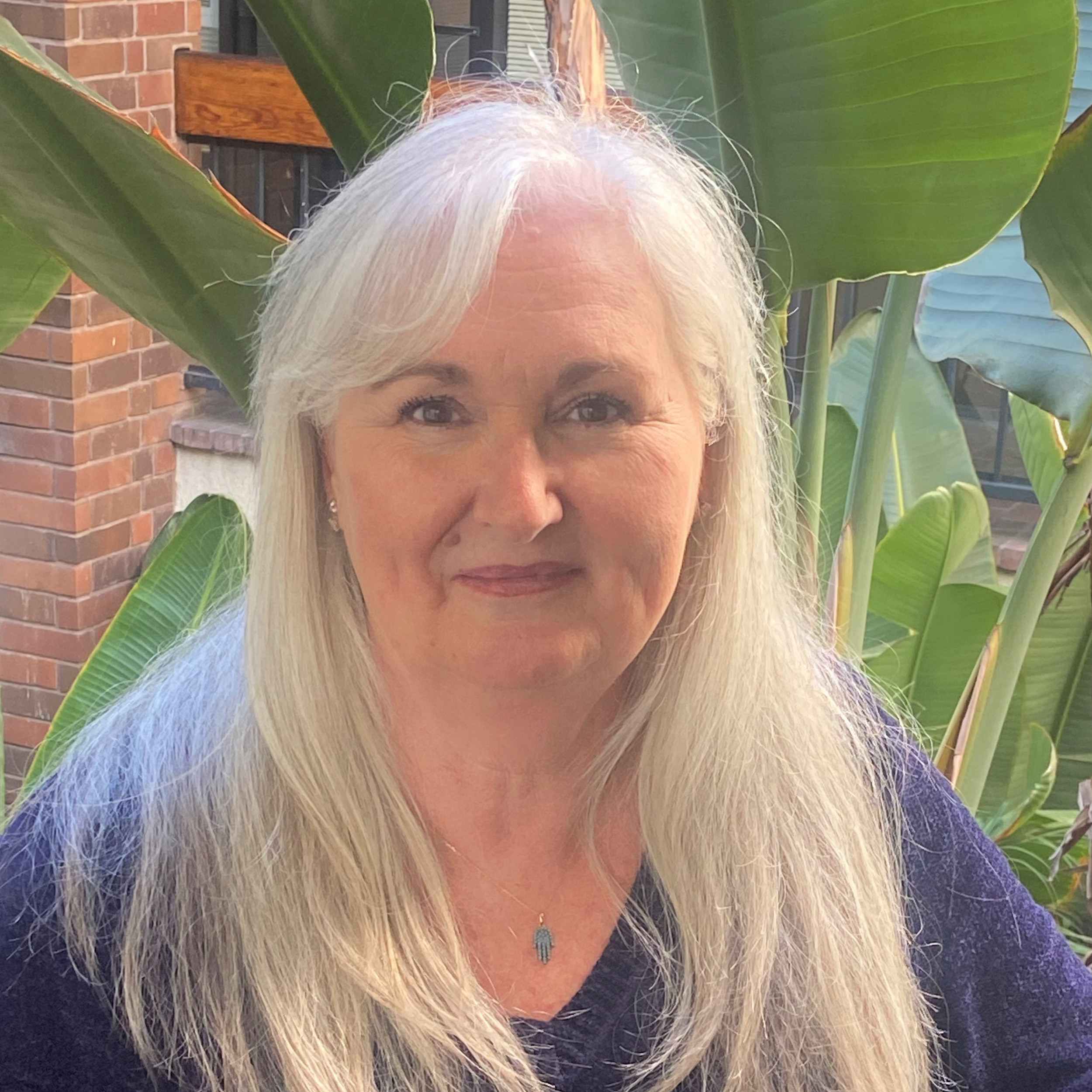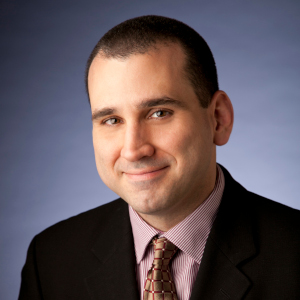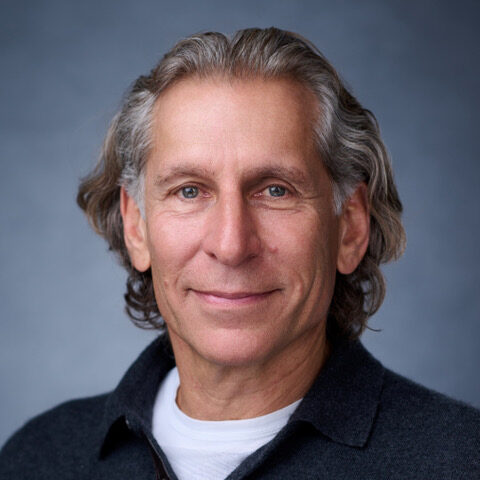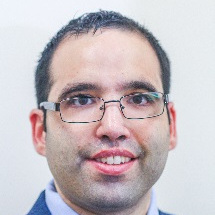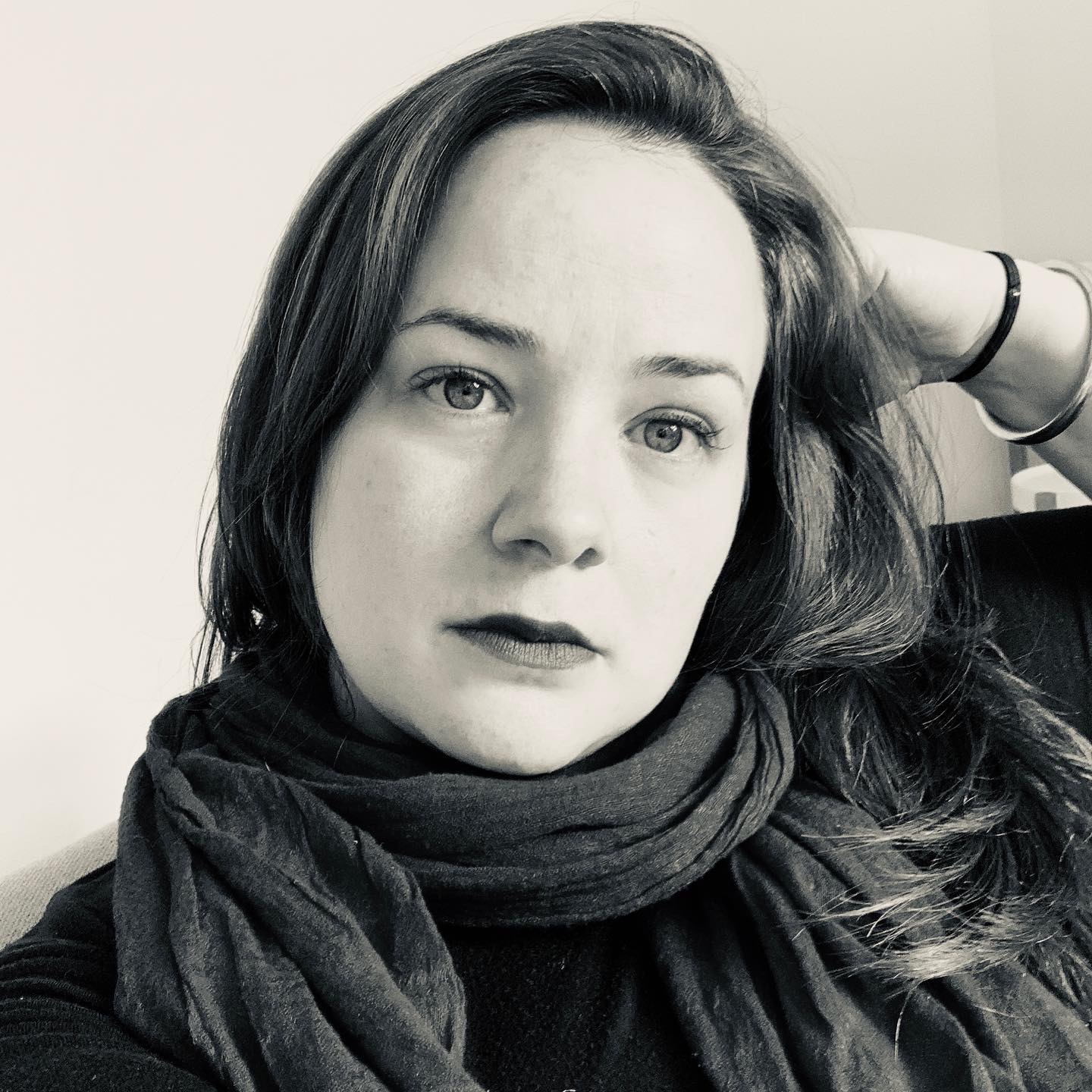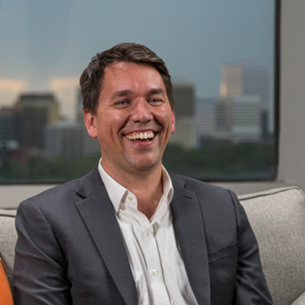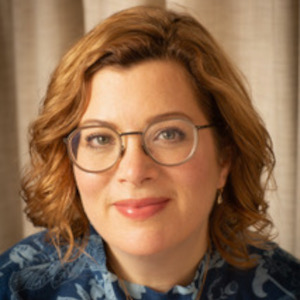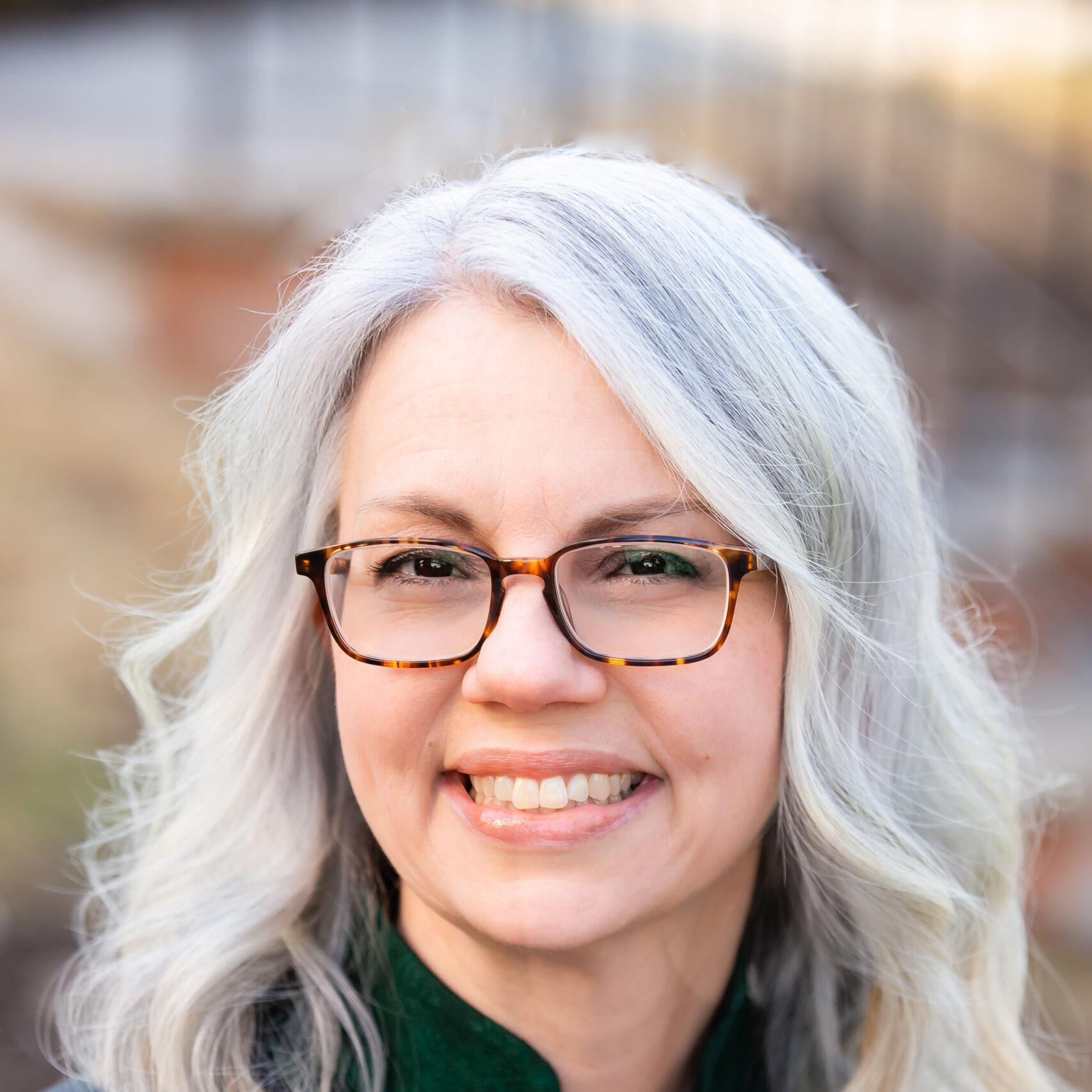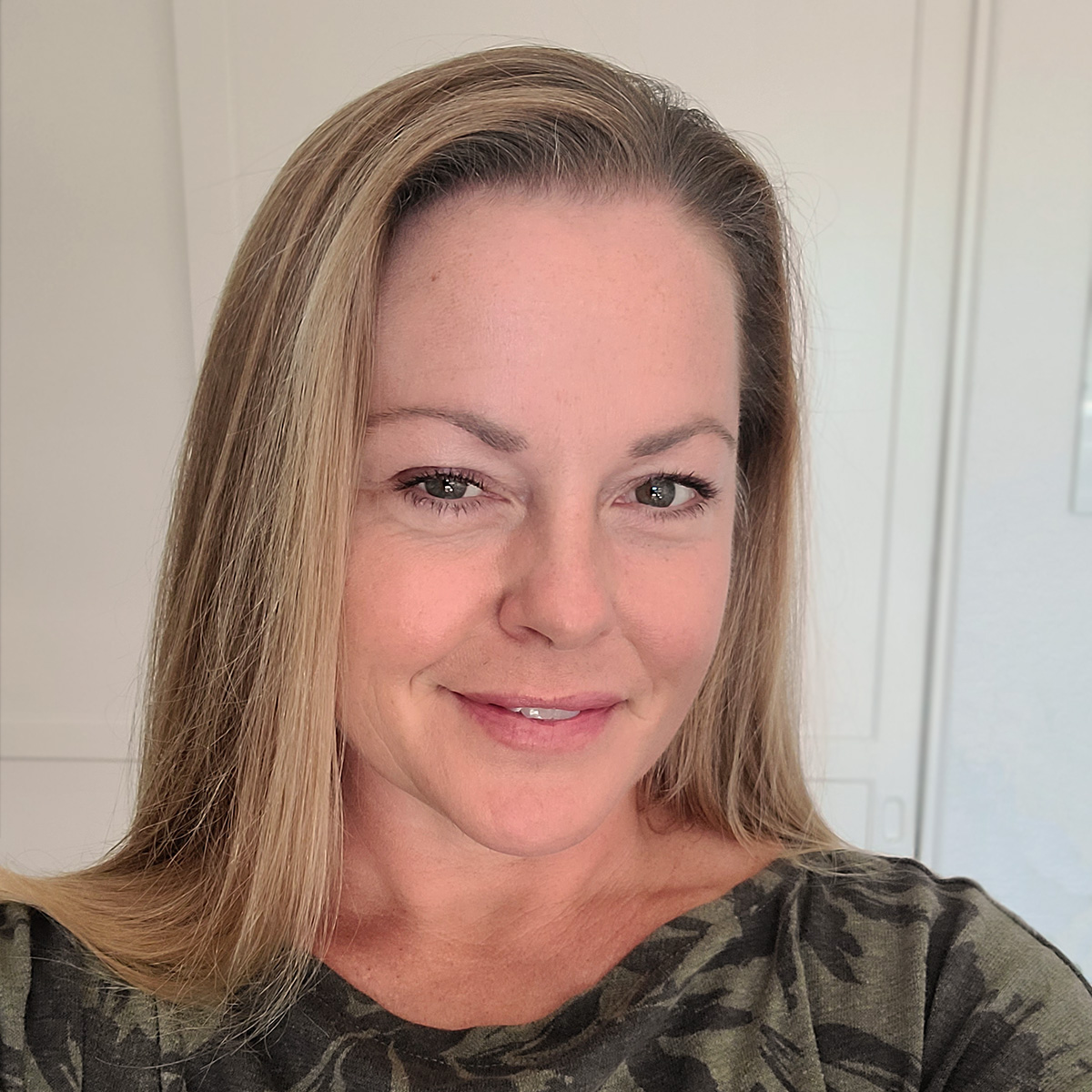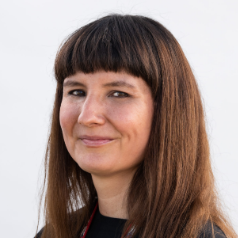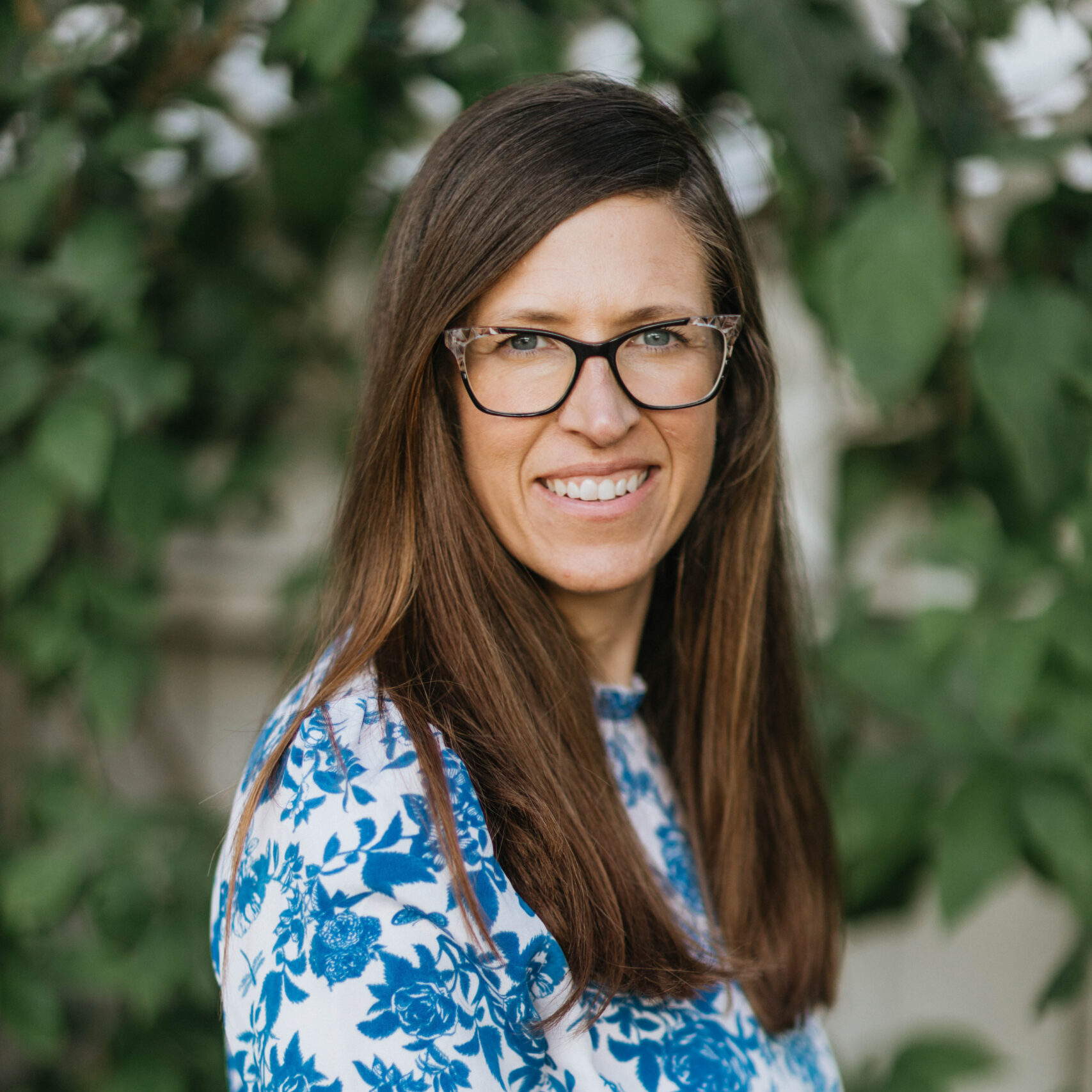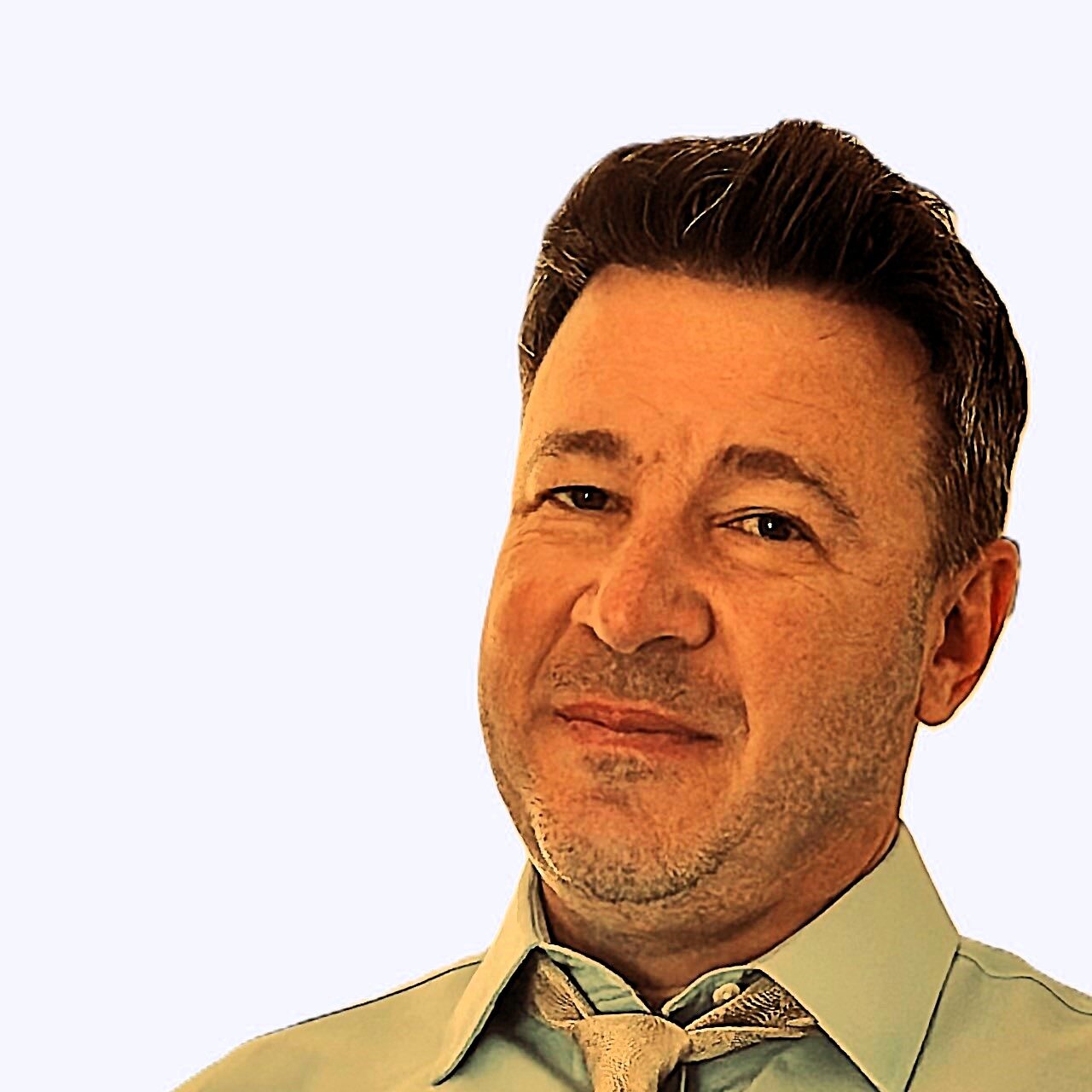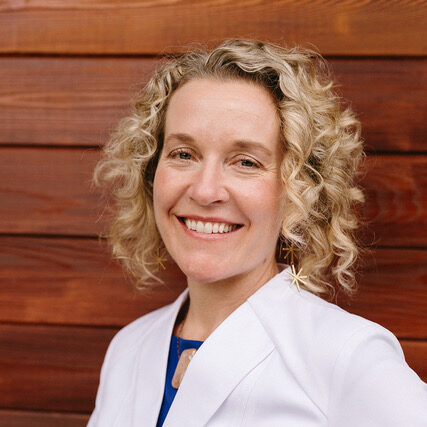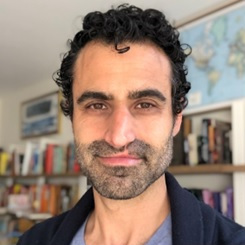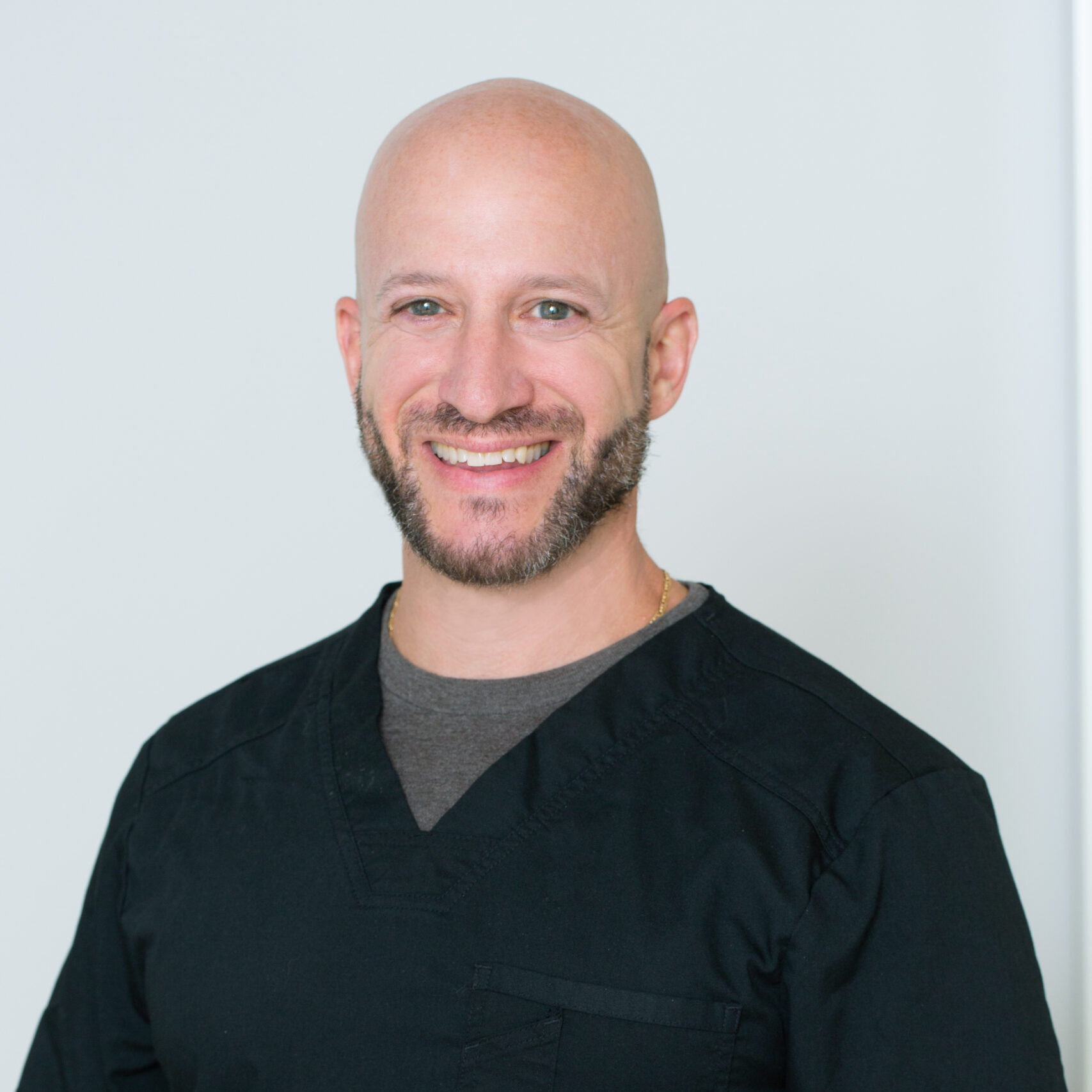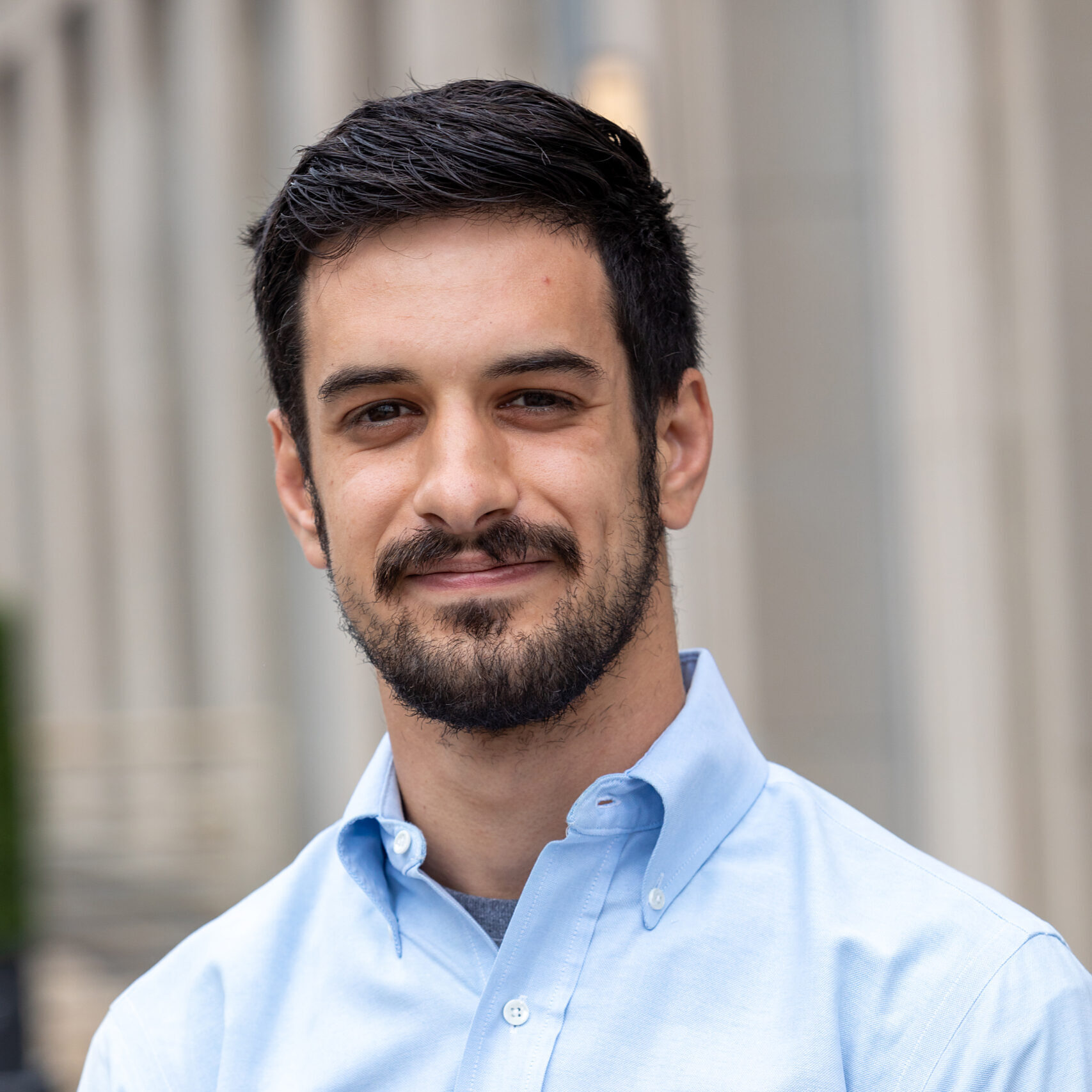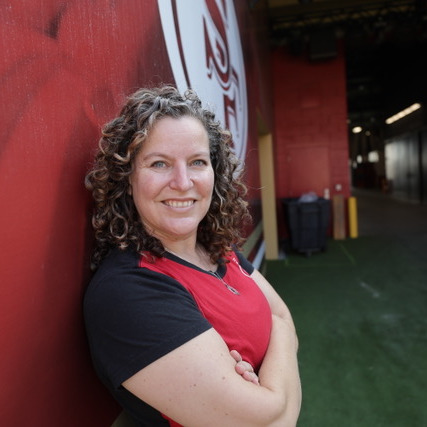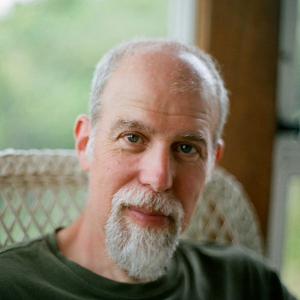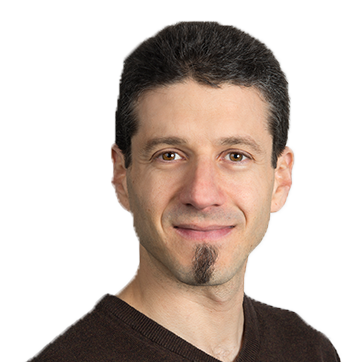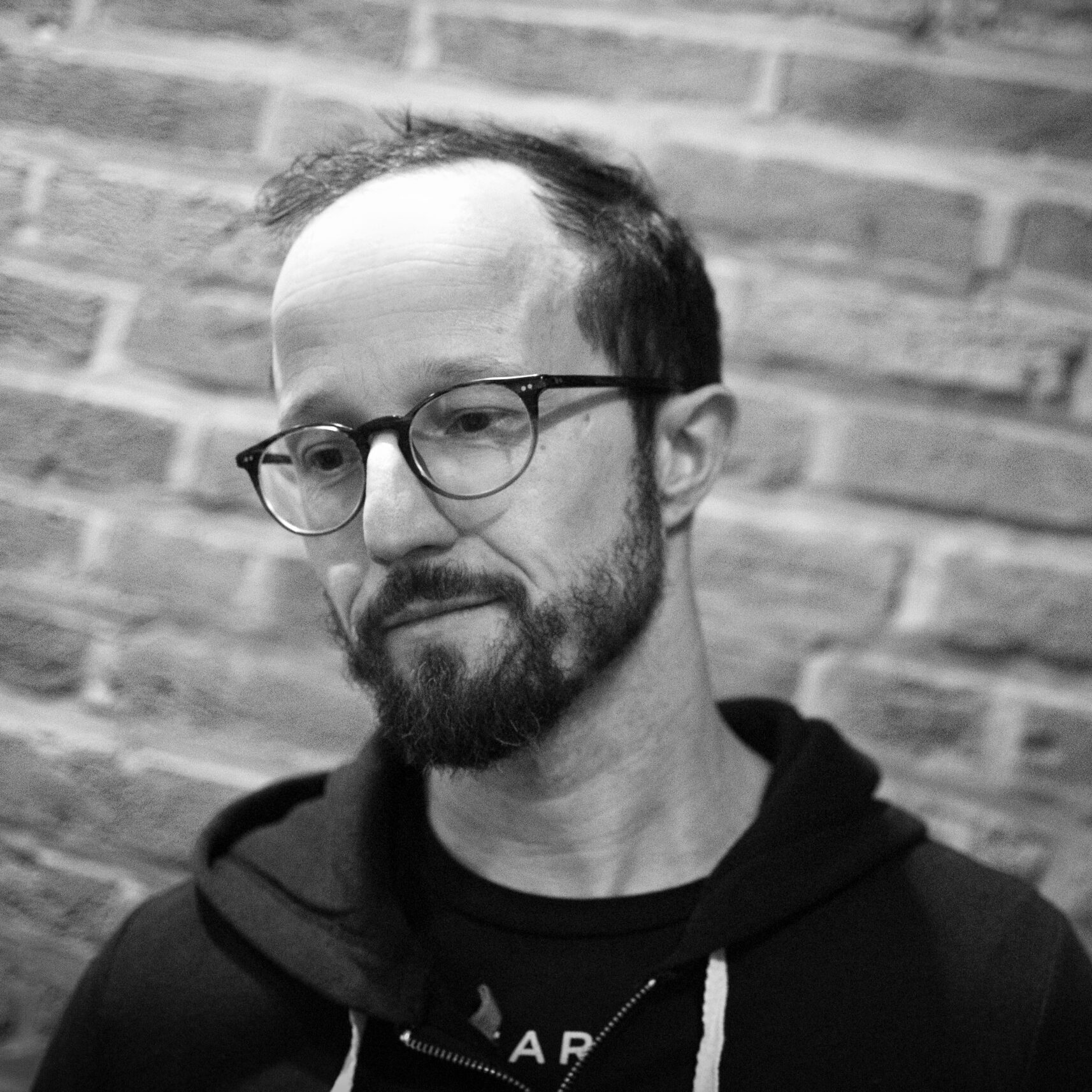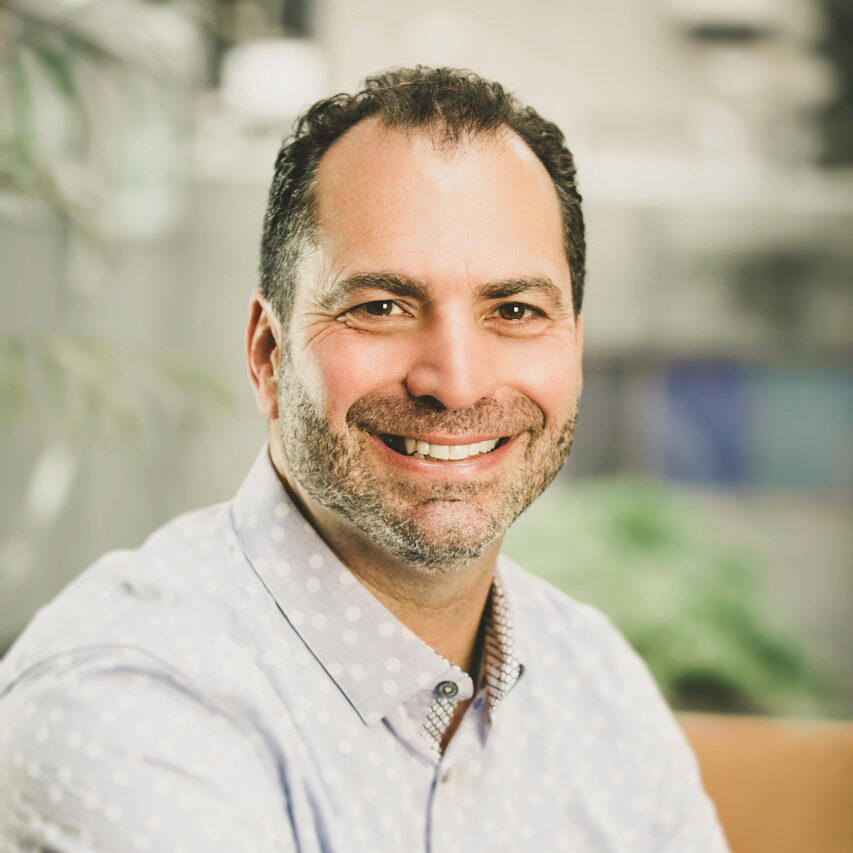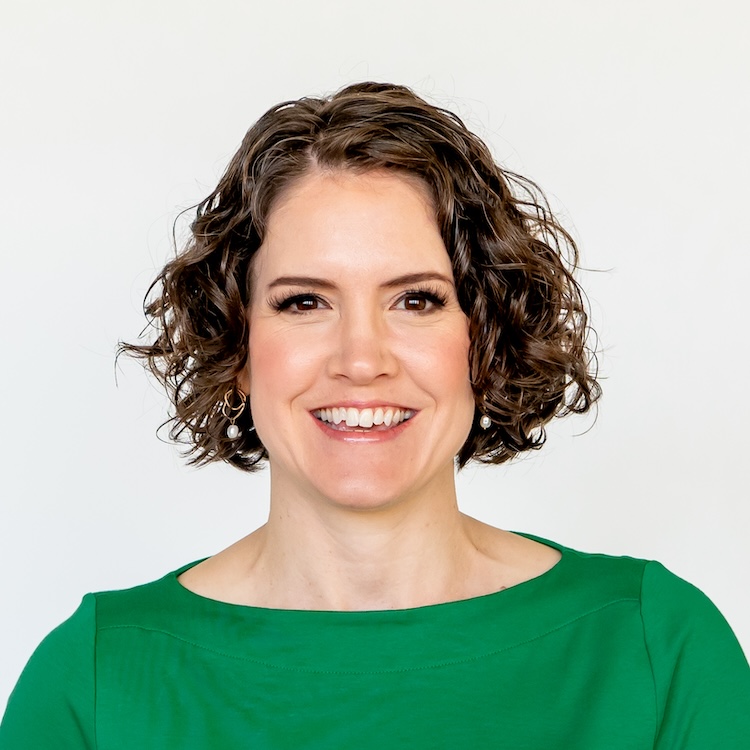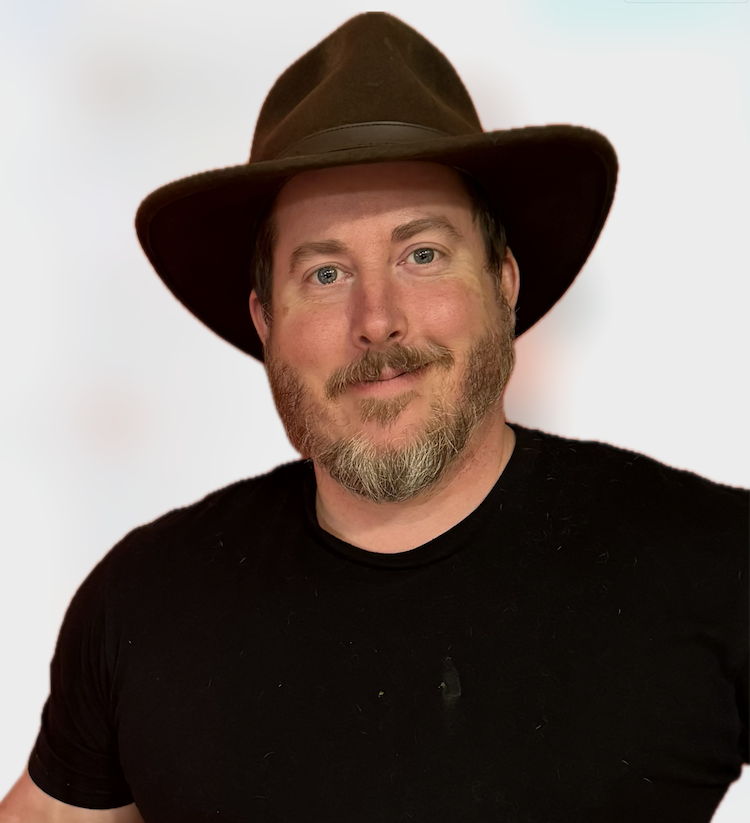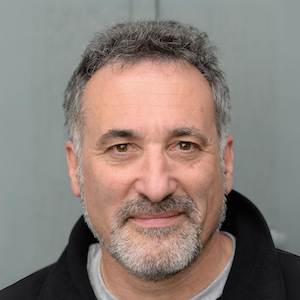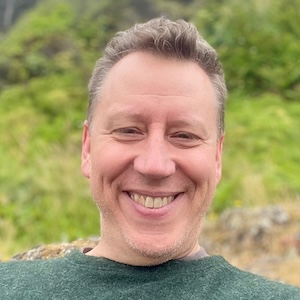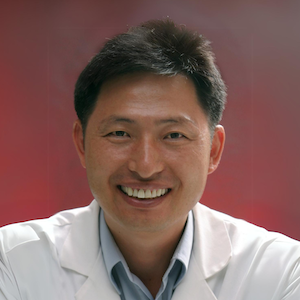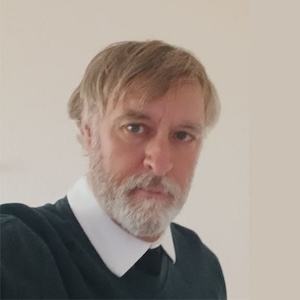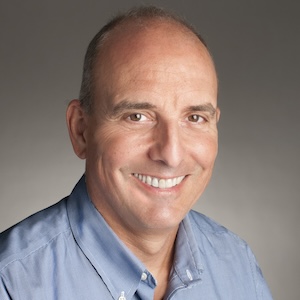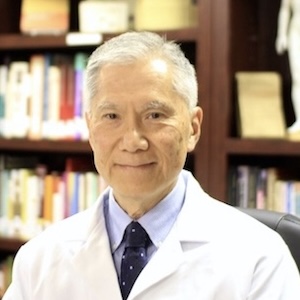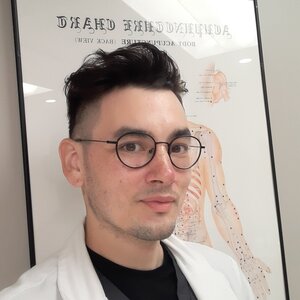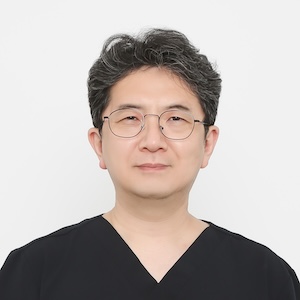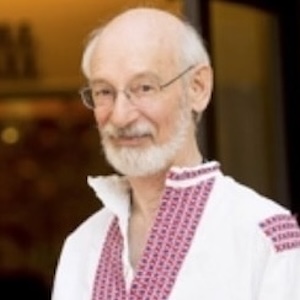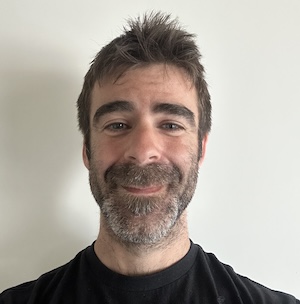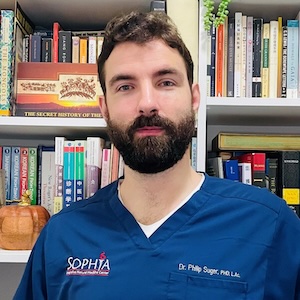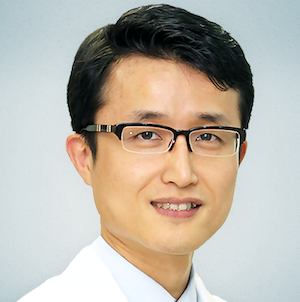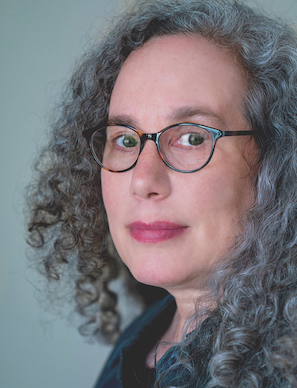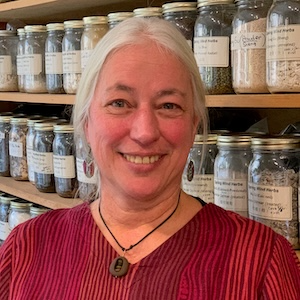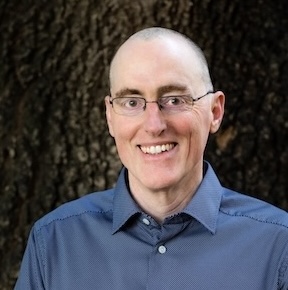We practice traditional medicine, or do we?
Because Chinese medicine has roots and writings that go back into misty history, it’s easy to imagine we practice much like your average Qing or Ming doctor. But the truth is, the way practitioners worked even just a hundred years ago would be quite foreign to the standards of today.
In this conversation with Eric Karchmer we explore some of the themes and historic insights from his new book Prescriptions for Virtuosity, The Post Colonial Struggle of Chinese Medicine.
I’m serious when I tell you— it’s going to blow your mind.
Listen into this discussion of how Chinese medicine became the slow medicine, the brilliant innovation of the early textbooks, and how it is that what you think is the ancient bones of our medicine, is in many ways a new innovation. One wrought not through the communists stripping out the shamanistic practices, but rather by Chinese doctors themselves figuring how where they stood in relation to the potency and power of modern biomedicine as it changed the landscape of practice and economics.
In This Conversation We Discuss:
- Eric's background and path to studying Chinese medicine
- Life as a Republican era doctor in China
- Historically Chinese medicine was used to treat acute conditions
- Purity versus hybridity in Chinese medicine
- Changes to Chinese medicine after the takeover by the Communists and during the Cultural Revolution
- Emergence of bian zheng lun zhi and disease pattern concepts
- Differing views of Chinese medicine in China vs. the West
- Role of virtuosity in navigating dual medical systems
- Post-colonial struggles of Chinese medicine
- Innovations in textbooks and practice in the 1950s-60s
- Transmission of knowledge over generations of doctors
- Integrating Chinese medicine and Western medicine
- Adaptability and open-mindedness in practice
- Commitment to patient-centered care
Over the years, I have found that my patients and my library of Chinese medicine texts are my best teachers. My patients will always tell me whether my treatments are working or not. With clinically-focused reading, I can sometimes find the answers that initially elude me with my most challenging patients.
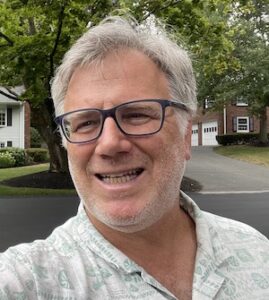 Eric Karchmer, PhD, MD (China)
Eric Karchmer, PhD, MD (China)
Professionally, I wear two hats. I am a practitioner of Chinese medicine and a medical anthropologist. Both my clinical work and academic research have been enabled by my training at the Beijing University of Chinese Medicine from 1995-2000. I have been fortunate to also get funding for additional research from the American Council of Learned Societies (2008-2009) and the Wellcome Trust (2010-2012), which supported research stays in China.
These experiences were essential for the completion of my manuscript, Prescriptions for Virtuosity: The Postcolonial Struggle of Chinese Medicine (2022). More recently, I was also the recipient of a Fulbright Scholar Award (2021) to support my new project on Chinese medicine pediatrics.
As a medical anthropologist, I taught for seven years in the Anthropology Department at Appalachian State University (2013-2021) in western North Carolina. I currently live in Taiwan and work at National Taiwan University, College of Public Health, where I teach and conduct research on questions of health access for Indigenous People in Taiwan.
As a practitioner, I do not claim to have a particular clinical style. Instead, I incorporate different acupuncture techniques and herbal medicine strategies from a variety of teachers.

